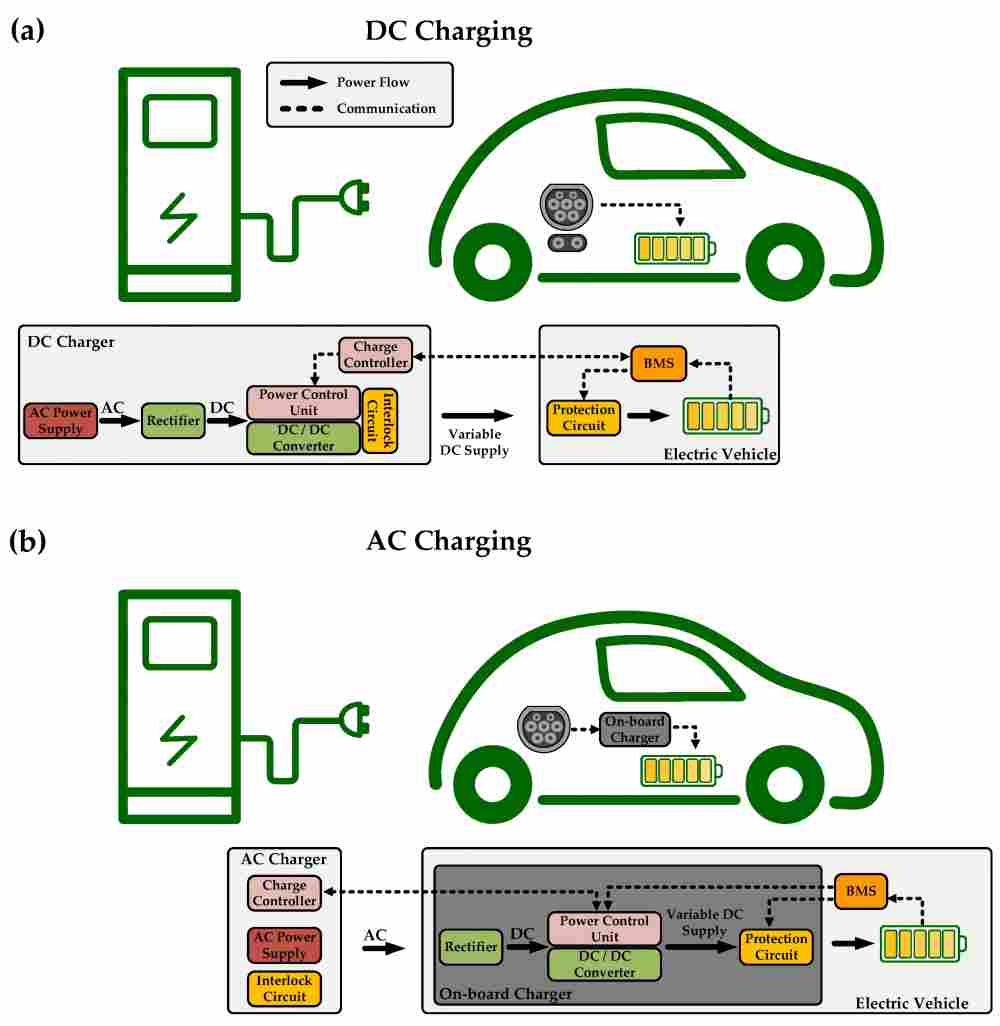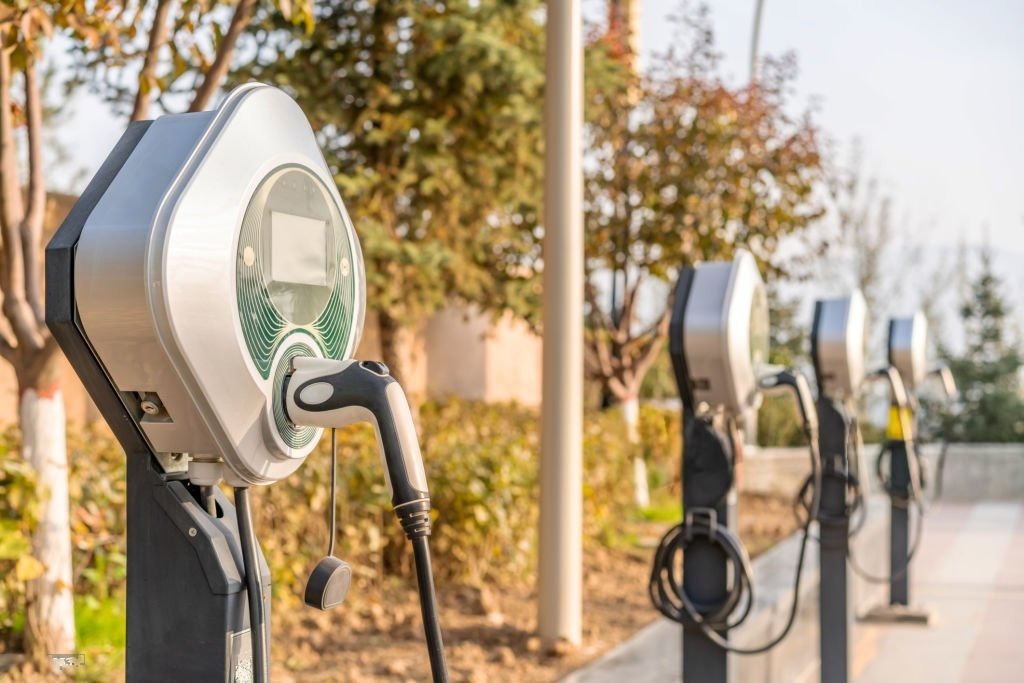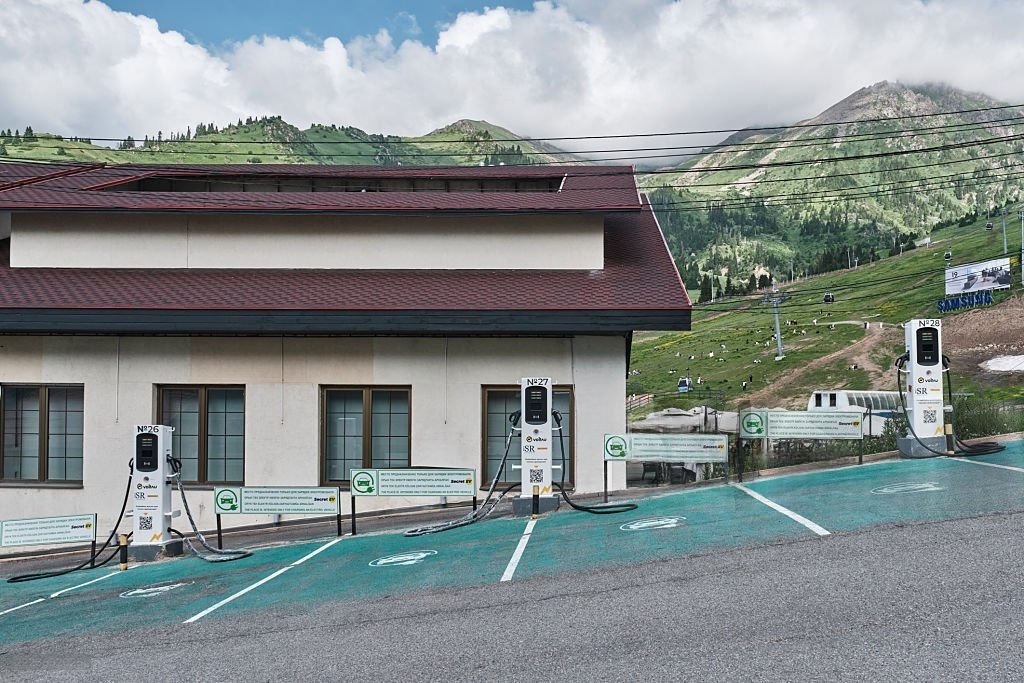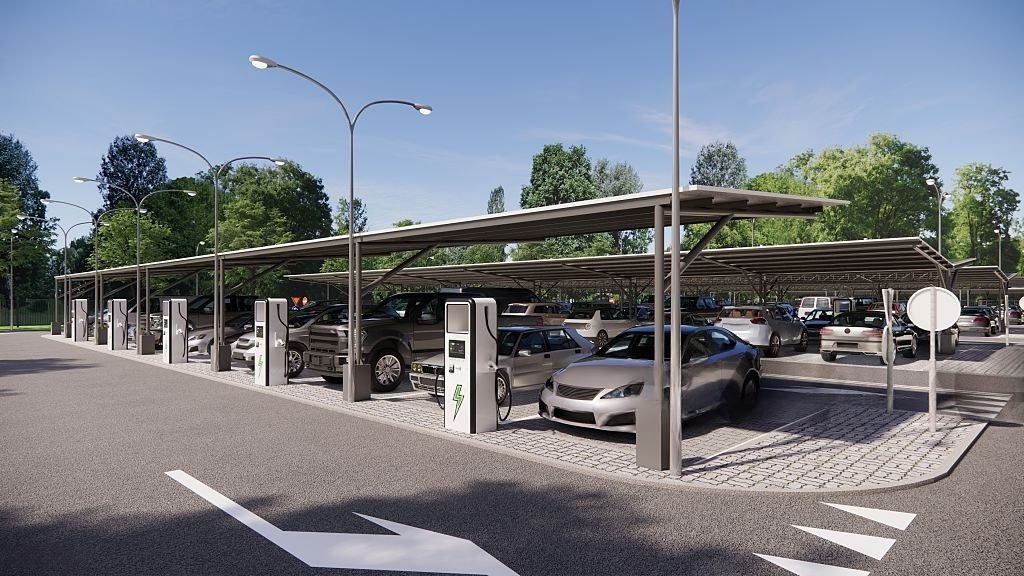Product Overview
As new energy vehicles continue to grow rapidly, charging stations play a crucial role in ensuring safe and stable vehicle operation. The 125°C radiation-crosslinked insulation material ensures reliable electrical safety for thProducese stations with advanced technology and unique properties.
In practical applications, radiation-crosslinked insulation materials at 125℃ are primarily used to manufacture power cables and charging gun cables for charging stations. Designed specifically for charging station cables, this high-performance insulation enables cables to withstand prolonged transmission of high currents, reducing the risk of cable overheating and minimizing fire hazards. Additionally, its outstanding physical properties and environmental adaptability ensure charging stations operate reliably under diverse conditions—whether in frigid northern climates or hot, humid southern regions—guaranteeing safe and efficient charging processes.
| TUV 2PFG1908 | Cables for Electric Vehicle Charging Equipment |
| CQC1103/04/05 | Technical Specification for Cables in Electric Vehicle Conductive Charging Systems (General Provisions / AC Charging System Cables / DC Charging System Cables) |
| CQC1147 | Liquid-Cooled Cables for Electric Vehicle Charging |
| GB/T33594-2017 | Cables for Electric Vehicle Charging |
| EN50620 | Cables for Electric Vehicle Charging Equipment |
| IEC62893 | Cables for Charging Equipment |
| DEKRA K175 | Series Testing for Cables in Electric Road Vehicle Charging Equipment Installations |
| UL62 | Flexible Cables and Installation Cables |
Performance Advantages
1. Exceptional Heat Resistance
Capable of sustained operation at 125°C, it remains unaffected by the high temperatures generated during charging station operation, showing no signs of softening, deformation, or loss of insulation properties. Compared to conventional insulating materials, this significantly enhances the safety and stability of charging stations in high-temperature environments, reducing failures and safety hazards caused by overheating.
Principles of Electric Vehicle Charging
2. Superior Mechanical Strength
The three-dimensional molecular structure of the network endows it with enhanced tensile strength and tear resistance. During daily use, charging station cables may be subjected to various external forces, including pulling, bending, and compression. The insulation layer made from 125°C radiation-crosslinked insulation material effectively withstands these forces, preventing damage, cracking, and other issues while extending the service life of the charging station cables.
3. Superior Electrical Insulation Properties
High insulation resistivity delivers stable and reliable electrical insulation, ensuring no current leakage during high-current transmission. This guarantees the safety and reliability of the charging process.
4. Superior Flexibility
Flexibility is a critical characteristic for modern charging station insulation cables, requiring both high flexibility and excellent electrical performance. Meiyu’s 125°C radiation-crosslinked charging station insulation material perfectly resolves this conflicting requirement.
5. Excellent Chemical Resistance
It exhibits strong tolerance to oils and various chemicals. Charging stations may operate in complex chemical environments—such as those contaminated with oil near gas stations or polluted with chemical substances around factories—and this insulation material resists corrosion from these substances while maintaining stable performance.
6. Superior Weather Resistance
Resists ultraviolet radiation and harsh weather conditions. Whether exposed to intense sunlight, severe storms, or freezing temperatures, it resists aging and performance degradation over extended outdoor use, making it ideal for outdoor charging stations.
7. Eco-Friendly Properties
Halogen-free and compliant with stringent environmental standards, this material is environmentally friendly. It causes minimal pollution during production, use, and disposal.
Application Scenarios
Application scenarios encompass a wide range of daily commutes, long-distance travel, public services, and other diverse contexts.
1. Public Charging Stations
Whether for fast-charging stations at highway service areas or slow-charging stations on city streets and parking lots, 125°C radiation-crosslinked insulation materials for charging stations meet the demands of long-term stable operation in complex environments, ensuring rapid and safe charging for large numbers of electric vehicles.
2. Residential Charging Stations
These stations provide daily charging services for residents’ electric vehicles within the community, designed to withstand varying climatic conditions and usage frequencies. The charging cables, manufactured from insulating materials, withstand frequent plugging and unplugging cycles, as well as moderate external pulling forces, ensuring convenient and safe charging for residents.
3. Commercial Charging Stations
Charging stations installed in commercial areas such as shopping malls, supermarkets, and office buildings experience high foot traffic and frequent usage, demanding exceptional safety and stability. The 125°C radiation-crosslinked insulation material for charging stations effectively ensures reliable operation under these demanding conditions.
Post time: Sep-24-2025




